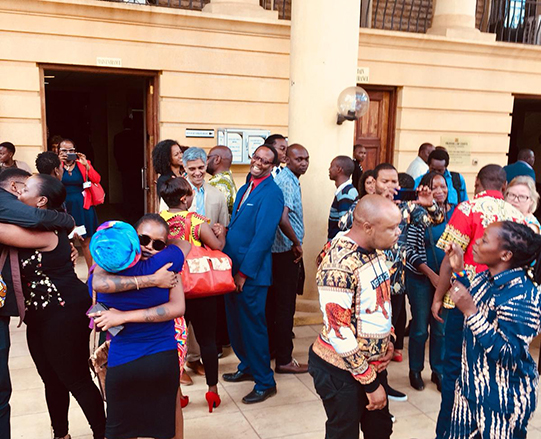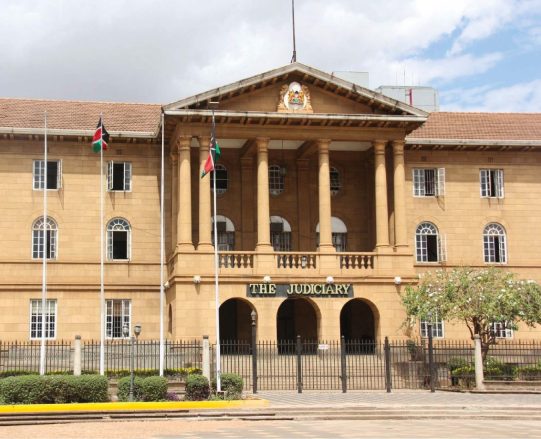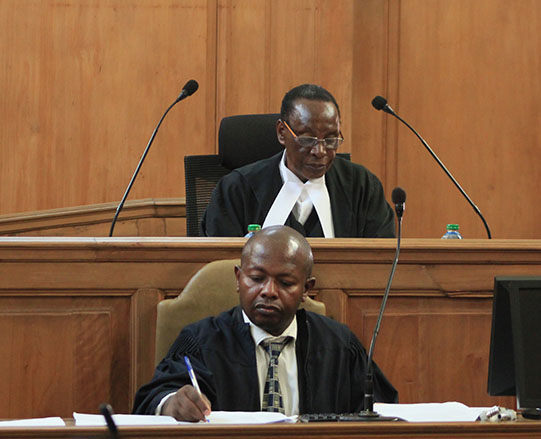In March 2018, Kenya’s Court of Appeal ruled that the use of forced anal exams to determine whether men engaged in gay sex is illegal. The court determined such examinations violate Article 19(2) of the Constitution which states that “the purpose of recognising and protecting human rights and fundamental freedoms is to preserve the dignity of individuals and communities.” The Court held that the examination was not only unconstitutional but unreasonable, totally unnecessary and violative of Article 19(2). It stated that the right to privacy and dignity “extend to a person not being compelled to undergo a medical examination.”
The National Gay and Lesbian Human Rights Commission (NGLHRC)- who have long argued that the tests are a violation of rights to privacy and dignity and amount to torture- brought the case after two men were arrested in 2015 on suspicion of having sex. They were subjected to forced anal examinations and HIV testing under a magistrate’s order to determine if they had engaged in consensual sexual acts in private, criminalised under Section 162 of the Penal Code and is punishable with up to 14 years imprisonment.
In September 2017, the Kenya Medical Association (KMA), which is the leading professional body advocating for quality healthcare for all Kenyans, released a statement condemning such examinations. This is consistent with international law and commentary; for example, the United Nations Special Rapporteur on torture and other cruel, inhuman and degrading treatment or punishment said in 2016 that forced anal examinations intended to obtain physical evidence of homosexuality are ‘medically worthless and amount to torture or ill-treatment’.
Download the judgment



